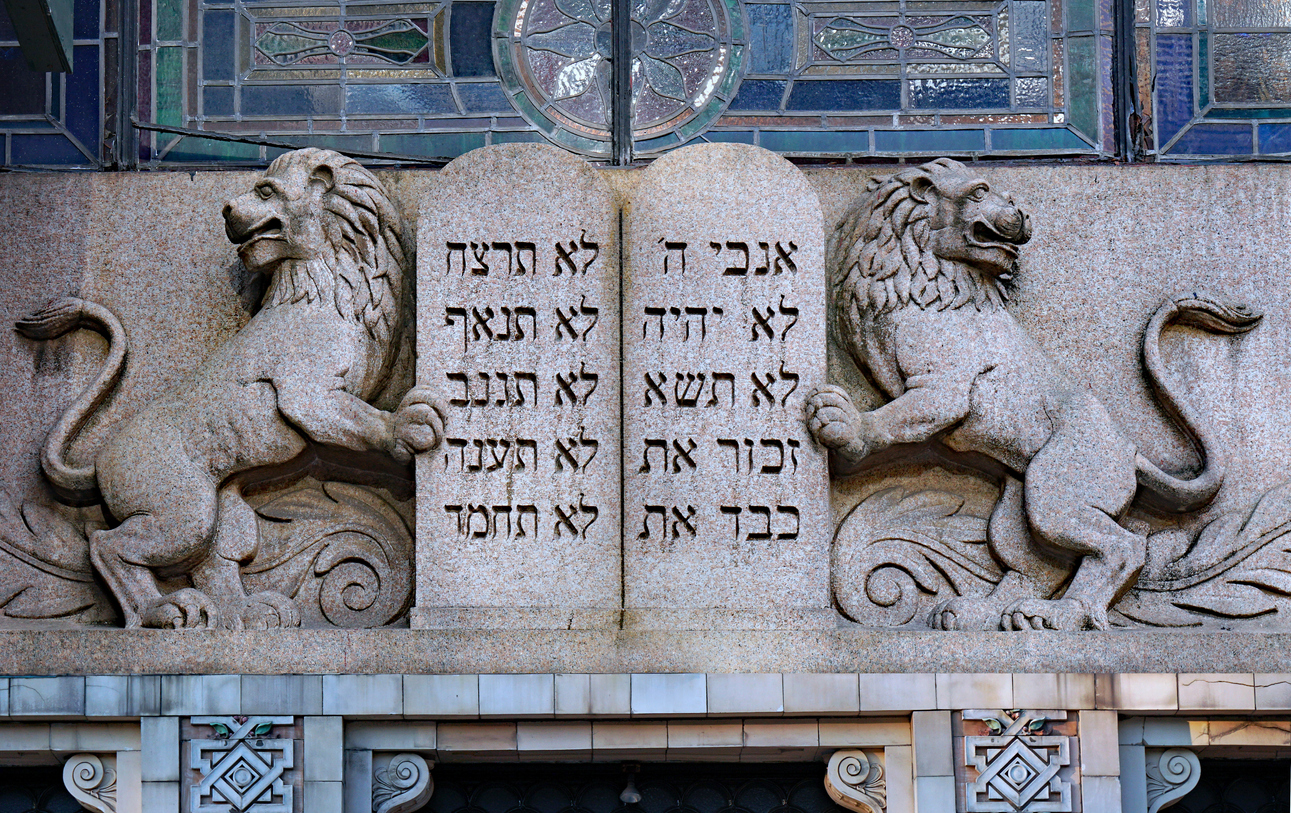The narrowing separation between church and state – as most recently exemplified by the Supreme Court summer decision mandating that religious schools receive money from state tuition programs – will only further confuse those most directly affected: students. Combined with the constitutionality of the Trump-era “modified” Muslim ban on entrance to the United States and the evangelical right’s support of it, young persons’ understanding of faith in America will be muddied all the more. This really only hit me during a college classroom discussion about the Ten Commandments.
Students in my undergraduate Religion and Politics class were debating whether the posting of the Decalogue (the Ten Commandments) ought to be allowed in public spaces, such as courtrooms and schools. We were discussing the difference between State endorsement of the Church (prohibited by the establishment clause of the Constitution) and hostility exhibited towards religion by government (a violation of the free exercise clause). The consensus among the liberal, mainly secular students was clear. It would be wrong to post the Ten Commandments, they claimed, for that would be tantamount to state sponsorship of a specific religion.
“Which one?” I asked, in feigned naïveté.
“Christianity!” came the unanimous reply. “Posting them would be discriminatory against members of all the other religions.”
“How can you say it endorses Christianity,” I challenged them, “when the Ten Commandments are themselves pre-Christian?” After all, I explained, they’d been around – various versions even carved in stone – for at least a millennium before Jesus was born.
The look on most of my students’ faces ranged from confused to dumbfounded, with various stages of puzzlement in between. Even the most avowedly atheist of my students, let alone the generally secular ones, had assumed that the Ten Commandments were a purely Christian invention.
So infused are we with inherited maxims that we don’t see the peculiarity of our views towards even our own religions. That includes Christian secularists – agnostic Americans who don’t see themselves as adhering to any religion and yet unconsciously advance explicitly Christian positions whilst the Supreme Court encourages public financing of Christian schools. However unconsciously, they come to channel a particular religious disposition even as they reject religious infringement upon the nondenominational public.
Like the range in my students’ expressions, Americans’ relationship to Islam spans the gamut from incomprehension to detestation. Until we strip away our own inherited and religious preconceptions – and stop funding schools that privilege Christianity over all other faiths – we’ll never get it. We won’t appreciate the reasons why so many Muslims in the Middle East and South Asia have come to view all of us Americans – from Christian fundamentalists to secular humanists – in the same light.
Let’s put aside the origins of the Big Ten and try observing an Eleventh Commandment, one that we actually post at the Supreme Court and – in case of a Republican presidential comeback – in the Oval Office itself: Thou Shalt Not Mock Thy Neighbor’s Faith, Neither Shall Ye Trumpet Your Own.

William F.S. Miles is professor of political science at Northeastern University in Boston and former Stotsky Professor of Jewish Historical and Cultural Studies there. He is author of two National Jewish Book finalists: Zion in the Desert and Jews of Nigeria. From his experiences in an Israeli Druze village, he has published School Day One: Dispatch from Another Israel, Home on Leave: An Israeli Shabbat Scene, Not Your Typical Hebrew Teacher and, with Hisham Bader z’’l, Start-up Village.

